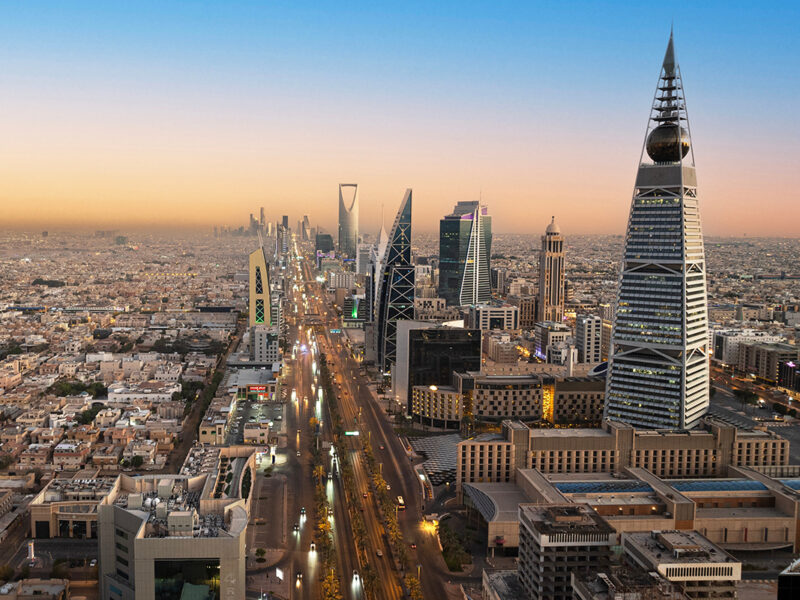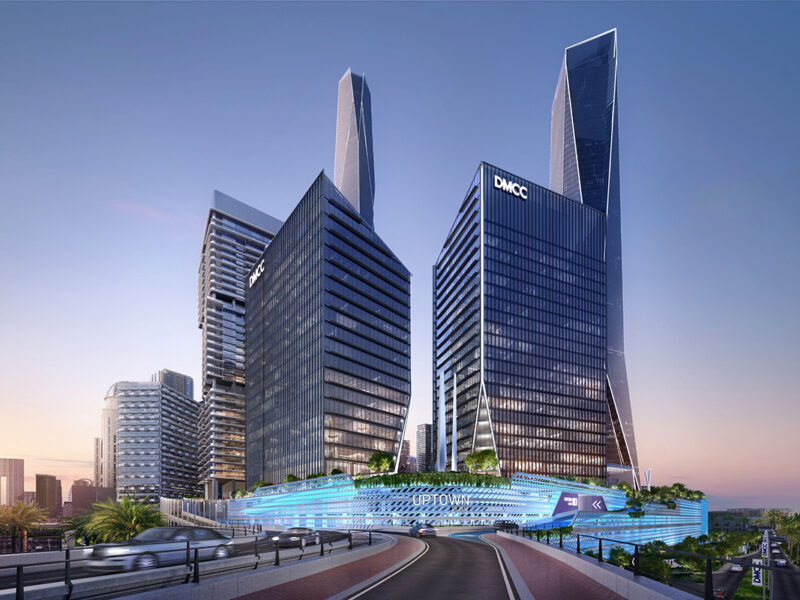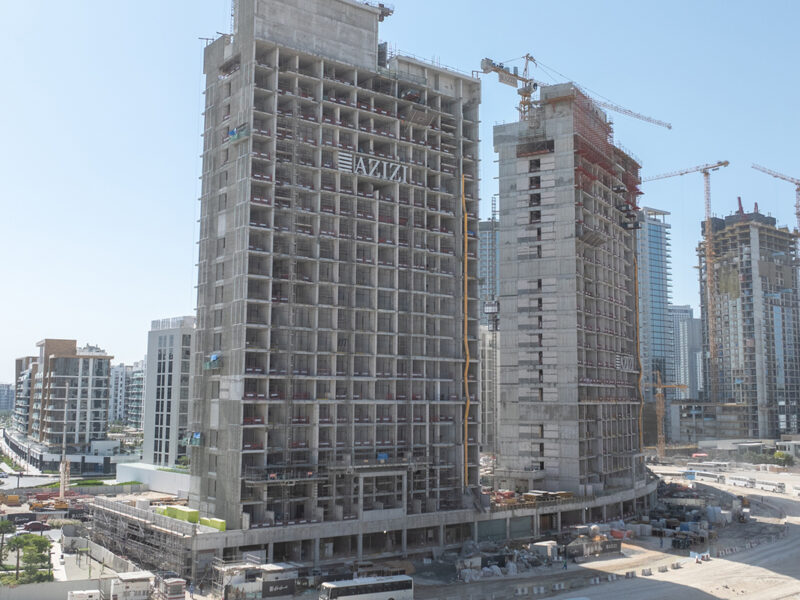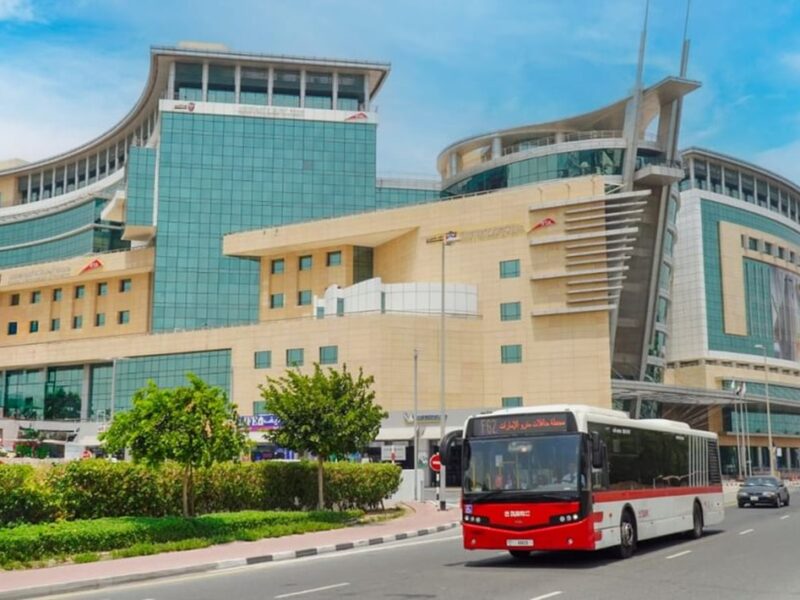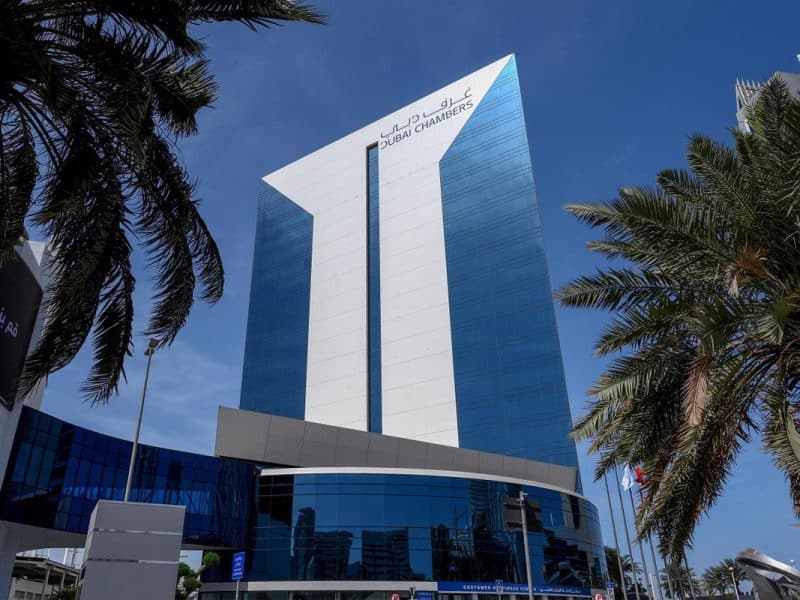Hundreds of thousands of mostly South Asian migrant construction workers in Qatar risk serious exploitation and abuse, Human Rights Watch said in a report released on Tuesday.
Both the government and the Federation Internationale de Football Association (FIFA) need to make sure that their commitments to respect workers’ rights in preparation for the 2022 World Cup are carried out, it said in the report.
Construction contractors should also make specific, public commitments to uphold international labour standards, it added.
The 146-page report examines a recruitment and employment system that effectively traps many migrant workers in their jobs, HRW said.
It claimed the problems they face include exorbitant recruitment fees, which can take years to pay off, employers’ routine confiscation of worker passports, and Qatar’s restrictive sponsorship system that gives employers inordinate control over their employees.
Workers’ high debts and the restrictions they face if they want to change employers often effectively force them to accept jobs or working conditions they did not agree to in their home countries, or to continue work under conditions of abuse, Human Rights Watch found.
“Workers building stadiums won’t benefit from Qatar’s general promise to end the sponsorship system: they need a deadline for this to happen before their work for the FIFA games starts,” said Sarah Leah Whitson, Middle East director at Human Rights Watch.
“The government needs to ensure that the cutting edge, high-tech stadiums it’s planning to build for World Cup fans are not built on the backs of abused and exploited workers.”
Human Rights Watch claimed that Qatar has one of the most restrictive sponsorship laws in the Gulf region, as workers cannot change jobs without their employer’s permission and all workers must get their sponsoring employer to sign an “exit permit” before they can leave the country.
It added that Saudi Arabia is the only other Gulf country that retains the problematic exit permit system, while other countries now allow workers to change jobs after serving out their contract or after a two-to-three-year period with their first employer.
In May, Deputy Labour Minister Hussein al-Mulla announced that Qatar may replace the sponsorship system with contracts between employers and employees, but failed to specify how these contracts could replace current immigration laws or whether workers would be entitled to switch jobs.
HRW also said a recent government proposal for a “worker’s union” fails to meet minimum requirements for free association by restricting all decision-making positions to Qatari citizens.
Migrant workers comprise 94 percent of Qatar’s workforce, and the country has the highest ratio of migrants to citizens in the world.
The country may recruit up to a million additional migrant construction workers in the next decade to build the stadiums and infrastructure improvements Qatar promised in its bid to host the 2022 FIFA World Cup soccer tournament.
Human Rights Watch interviewed 73 migrant construction workers for the report, and met and corresponded with government officials, employers, contracting companies, recruitment agents, diplomats from labour-sending countries, and worker advocates.
Workers reported a range of problems, including unpaid wages, illegal salary deductions, crowded and unsanitary labour camps, and unsafe working conditions.
All but four of the workers said they paid recruitment fees ranging between $726 and $3,651, borrowing from private money lenders at interest rates that ranged from 3 to 5 percent per month to 100 percent interest on their debt per year.
“The Qatar government and companies in the construction industry need to make sure that employers, not impoverished workers, are paying these recruiting fees,” Whitson said.
“Until the government seriously enforces its laws to make sure it is the employers who are paying these fees, and imposes serious penalties on companies that look the other way, this problem is not going to just disappear.”
Human Rights Watch said most workers it interviewed had mortgaged their homes or sold off family property to obtain their jobs.
Nearly all said that their employers had confiscated their passports, and some said employers refused to return passports when requested.
In a letter to Human Rights Watch, Labour Ministry officials stated that “the Ministry has received no complaint of forced labour and it is inconceivable that such a thing exists in Qatar, as the worker may break his contract and return to his country whenever he wishes and the employer cannot force him to remain in the country against his will.”
But Whitson added: “It’s deeply disturbing that the Labour Ministry denies the problem of forced labour, when Qatar’s laws and employment practices enable this very type of situation.
“When you have thousands of workers who are scared to quit jobs and who only complain as a last resort, it’s past time to face up to the problem.”
A number of the key actors in the 2022 World Cup preparations have made public promises to uphold worker’s rights, but have not yet made the specific public commitments that Human Rights Watch has urged.
The local organizing committee for the tournament, the Supreme Committee for Qatar 2022, as well as the company it appointed to help it oversee World Cup construction, CH2M HILL, has said they will establish labour standards that builders and other contractors hired to build World Cup venues must meet.
FIFA has also pledged to raise worker rights issues with the government of Qatar.
Those commitments are a beginning, Human Rights Watch said, but additional steps are needed.
“FIFA should urge the Supreme Committee for Qatar 2022, the official body formed to manage the 2022 World Cup, to require private contractors involved in World Cup-related construction to set minimum employee standards in line with Qatari law and international labor standards,” HRW added.
“The Qatar 2022 Supreme Committee has said that it plans to conform to or surpass international labour standards through labour policies,” Whitson said.
“What the international community needs to hear are specific, public, and enforceable commitments from them and the construction companies. FIFA should also push for such action, given its public promise to promote labour rights in Qatar.”

